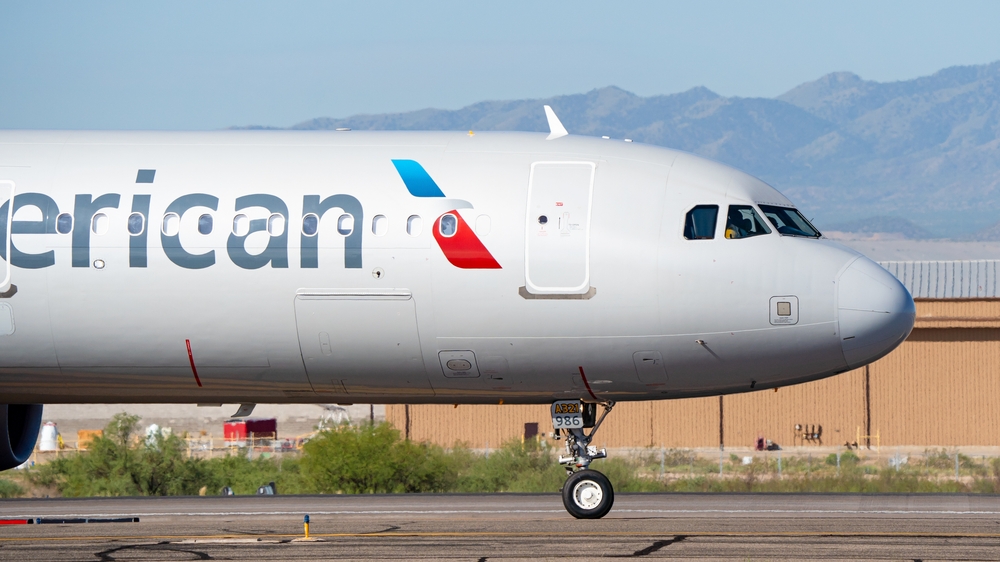
While Wall Street grapples with the fallout from President Trump’s tariff policies, another headwind is looming over the horizon: growing fears of a recession.
With Trump describing the U.S. economy as entering a “period of transition” — and administration officials not ruling out the possibility of a downturn — Americans' views on the economy have taken a hit.
The Conference Board’s Consumer Confidence Index dropped to 98.3 in the latest reading, falling 7 points and missing the Dow Jones forecast of 102.3.
It marks the lowest reading since June 2024 and the steepest monthly decline since August 2021.
As consumers lose faith in the economy, they begin to cut back on discretionary spending. That’s bad news for airlines with leisure travel — often considered a luxury — is among the first expenses to go in tough times.
Delta Air Lines (DAL), American Airlines (AAL), and Southwest Airlines (LUV) have all lowered their financial guidance due to weakening demand.
“In the face of the amount of macro uncertainty that’s out there, I think people are too cautious and they’re pulling back a little bit on travel, not in an organized manner, but just kind of waiting to see what’s going to transpire, whether it’s trade and tariff challenges or macroeconomic policy changes,” Delta CEO Ed Bastian said at the J.P. Morgan Industrials Conference.
Delta shares are down 23.2% year-to-date. American Airlines has plunged 35.9%, while JetBlue (JBLU) has sunk 31.9%. The lone outlier: Southwest, which is up 2.4% on the year.
Dwindling confidence, softer demand
Delta filed a Form 8-K with the SEC last week, slashing its Q1 2025 guidance. The airline now expects year-over-year revenue growth between 3% and 4% — well below the previous forecast of 7% to 9%.
Its operating margin was revised down to 4% to 5% from an earlier estimate of 6% to 8%. Meanwhile, expected earnings per share (EPS) were cut to $0.30 to $0.50, down from the original range of $0.70 to $1.00.
Delta noted in its filing that its outlook has been revised due to “the recent reduction in consumer and corporate confidence caused by increased macro uncertainty, driving softness in Domestic demand.
The company’s Q1 runs from January through March 2025.
Meanwhile, Southwest Airlines — the budget carrier known for its no-frills model — is also shifting gears. In a surprise move, it announced the end of its long-running “Bags Fly Free” policy after 54 years and will now charge for checked luggage. The stock jumped 9% on the news.
Southwest also revealed in February that it would lay off 15% of its workforce. The restructuring follows a $1.9 billion activist stake taken by Elliott Management, which is pushing for profitability improvements.
American Airlines has cut its Q1 guidance as well, now forecasting flat revenue compared to the same period last year — a step down from previous expectations of 3% to 5% growth.
Southwest also lowered its unit revenue growth guidance to between 2% and 4%, down from a prior forecast of 5% to 7%.
Your email address will not be published. Required fields are markedmarked